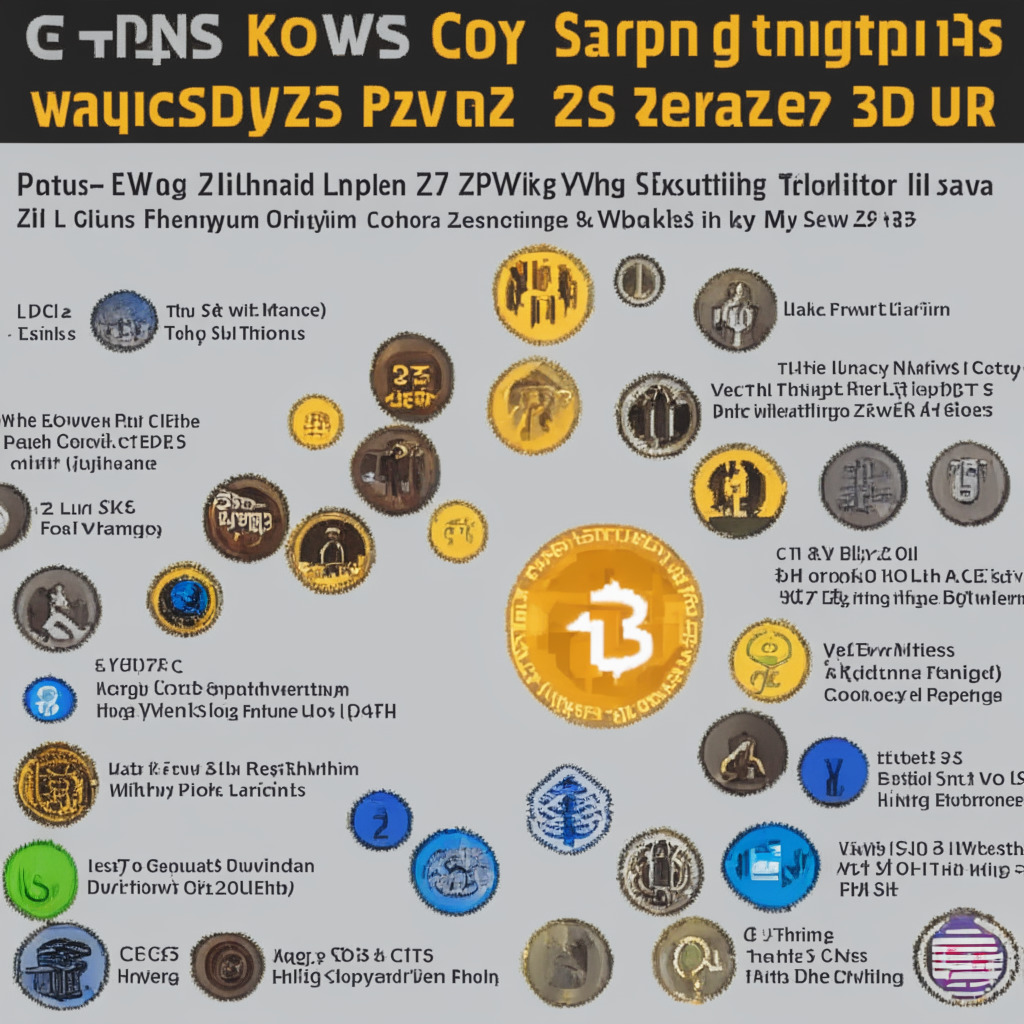JPMorgan Chase, the American banking colossus, has recently acquired all the assets of First Republic Bank (FRC), a surprising move that has sparked both excitement and skepticism within the financial world. Following unsuccessful attempts to rescue the troubled FRC, JPMorgan swooped in with a winning bid on April 29th, a lifeline to the beleaguered bank. The deal was facilitated after the California Department of Financial Protection and Innovation closed FRC on May 1st and partnered with the Federal Deposit Insurance Corporation (FDIC) as receiver. Subsequently, the FDIC entered a purchase and assumption agreement with JPMorgan Chase Bank to safeguard depositors.
On the one hand, this acquisition can be seen as a strategic move for both parties involved. JPMorgan Chase Bank will inherit $229.1 billion worth of assets and $103.9 billion in deposits from FRC. Additionally, 84 First Republic Bank locations across eight states will reopen under JPMorgan’s banner, significantly expanding their presence and influence in the market. Critics, however, argue that this move could create a banking behemoth with too much sway and control in the industry.
As for First Republic Bank, the deal brings unexpected salvation as it was on the brink of total collapse. JPMorgan’s acquisition ensures that both insured and uninsured deposits are retained, thereby securing the finances of countless depositors. Without the intervention of the FDIC and the purchase by JPMorgan, the fallout for depositors could have been disastrous.
However, critics are wary of the implications of such a substantial acquisition. By absorbing the assets and deposits of FRC, JPMorgan may command an even greater share of the market, which could negatively impact competition between banks. Some argue that this consolidation may lead to job losses as overlapping functions and roles are evaluated to streamline the combined entity, presenting a cause for concern among employees.
On the other side, proponents contend that the acquisition safeguards the interests of FRC’s customers and depositors, avoiding a more chaotic alternative. Moreover, JPMorgan’s successful bid may have precluded a more hazardous bidder from capitalizing on FRC’s vulnerabilities, indicating a possible net benefit for the banking sector.
In conclusion, the acquisition of First Republic Bank by JPMorgan Chase has generated much debate in the financial world. The main conflict lies in whether this move is a valuable lifeline for the struggling FRC or if it heralds the creation of an all-powerful banking behemoth. In the coming months, as further details of the acquisition emerge, the long-term impacts on the banking industry and the consumers of financial services will become clearer.
Source: Cointelegraph
https://cointelegraph.com/news/jpmorgan-first-republic-bank-acquisition




